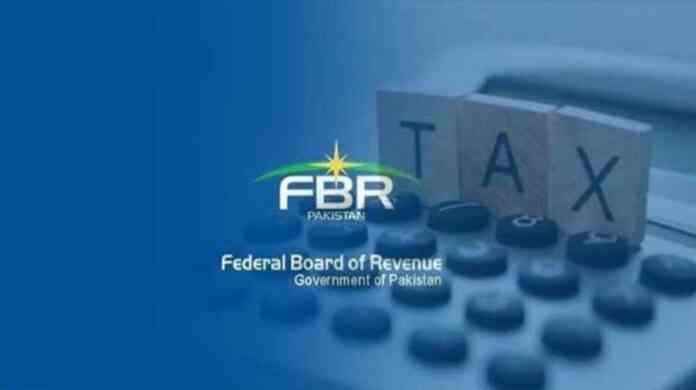Islamabad, July 11, 2025 – The Federal Board of Revenue (FBR) is making headlines once again—this time by strongly advising businesses across Pakistan to avoid cash sales and adopt banking or digital channels for transactions exceeding Rs200,000.
The move has triggered a wave of concern among traders, but the FBR insists it’s a bold step toward economic documentation and fairness.
So, what’s really going on?
A new provision in the Finance Act, 2025, amending Section 21 of the Income Tax Ordinance, 2001, states:
“Where a taxpayer receives payment exceeding Rs 200,000 otherwise than through a banking channel or digital means against a single invoice of goods or services, 50% of the claimed expenditure shall be disallowed.”
This means if your business continues to process large transactions in cash, half of the related expenses could be disqualified from tax deduction—raising your tax burden significantly. The FBR says the change is meant to discourage undocumented cash dealings, often used to conceal income and evade taxes.
An FBR official clarified to PkRevenue that this law wasn’t imposed overnight. “The business community is needlessly panicking. Parliament approved the provision. The FBR is only implementing what the legislature has passed,” the officer said.
But not everyone is convinced.
The Karachi Chamber of Commerce and Industry (KCCI) slammed the Rs200,000 cash transaction limit, calling it “unrealistic” and warning it would hurt small businesses already struggling with inflation and high operational costs. A nationwide strike has been announced for July 19, and the cash threshold is one of the key flashpoints.
Still, the FBR isn’t backing down.
Chairman FBR, Rashid Mahmood Langrial, reaffirmed the department’s stance during a recent Senate committee meeting. “This provision was not unilaterally enacted by the FBR. It was passed by both the National Assembly and Senate Finance Committees,” he explained. “We are simply ensuring compliance.”
Langrial emphasized that the FBR is pushing for a shift to a digital, traceable economy, where cash transactions don’t obscure accountability. “If we can reduce undocumented money flows, we can improve revenue collection and identify tax evaders,” he added.
In conclusion, while the resistance from traders is understandable, the FBR believes the era of undocumented cash transactions must end if Pakistan is to move toward a transparent economic future.
